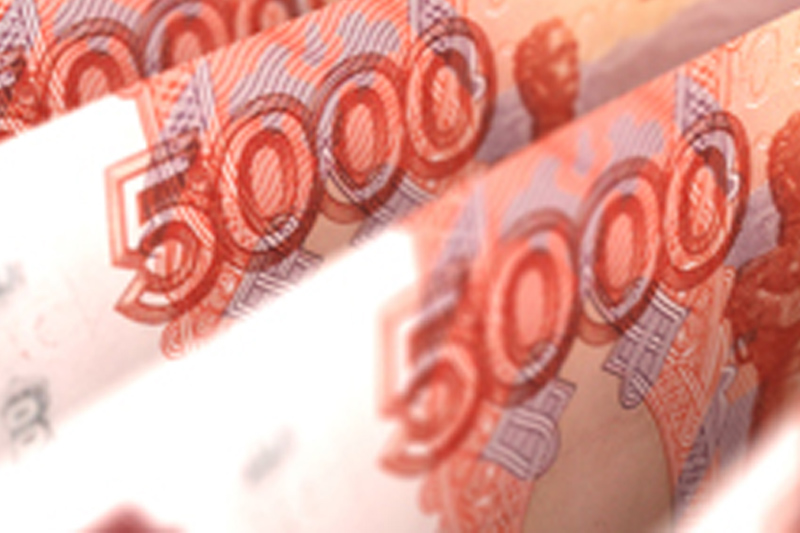Investing.com - The Russian rouble moved sharply higher against the dollar on Wednesday after Kiev announced that a "permanent ceasefire" in eastern Ukraine had been reached.
USD/RUB touched session lows of 36.79 and was last down 1.37% to 36.93. The pair rose to an all-time high of 37.51 on Monday as concerns over the prospect of fresh sanctions loomed.
The rouble rallied after Ukraine's President Petro Poroshenko said he had agreed on a "permanent ceasefire" with eastern Ukraine with Russian President Vladimir Putin.
However, a spokesman for President Putin subsequently said he had not agreed to a ceasefire as Russia was not party to the conflict but added that the two leaders had "discussed how to end the conflict".
The conflict broke out in March after Russia's annexation of Ukraine's Crimea region.
Ukraine and the West blamed Russian military support for gains by pro-Russian rebels in eastern Ukraine in recent days, claiming that Russian troops had entered the conflict to support them.
Over the weekend European Union leaders threatened to impose a fresh round of sanctions on Russia if Moscow did not end its support for the rebels.
The rouble was also higher against the euro, with EUR/RUB last down 1.22% to 48.58, off Monday’s record highs of 48.71.
Concerns that sanctions against Russia would act as a drag on growth in the euro zone have pressured the single currency lower in recent weeks.
EUR/USD rose to session highs of 1.3156 following reports of the ceasefire and was last up 0.12% to 1.3149, holding above Tuesday’s one year lows of 1.3109.
Sentiment on the single currency remained fragile ahead of the European Central Bank’s monthly meeting on Thursday.
The euro fell to one year lows against the dollar on Tuesday amid mounting expectations that the ECB will announce quantitative easing measures as a way to shore up growth after the annual rate of euro area inflation slowed to a five year low last month.
Data on Wednesday showed that activity in the German and French service sectors slowed in August, while Italy’s service sector contracted, adding to pressure on the bank to act.
